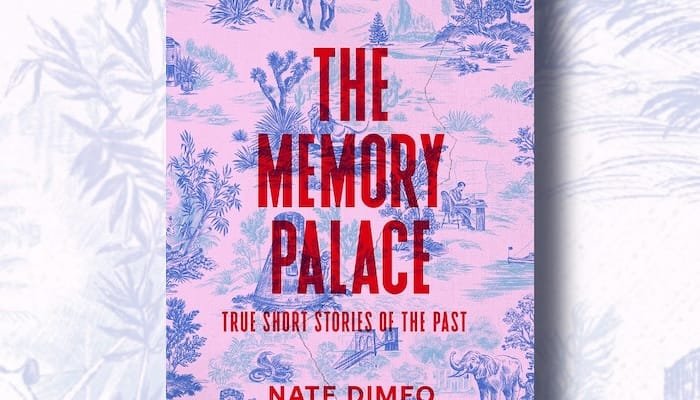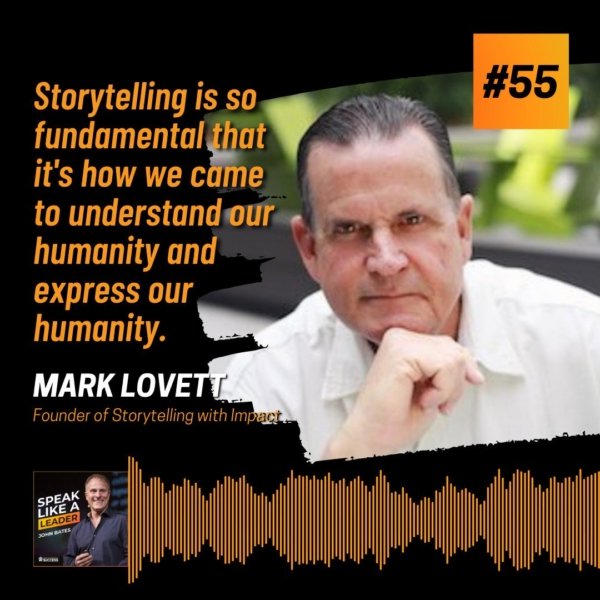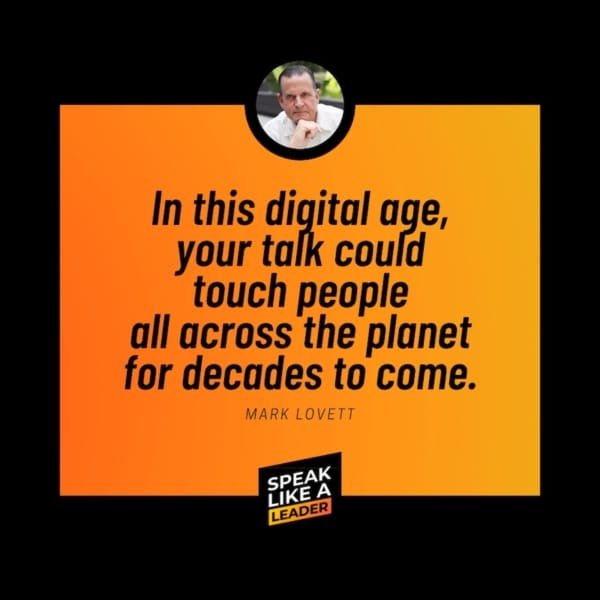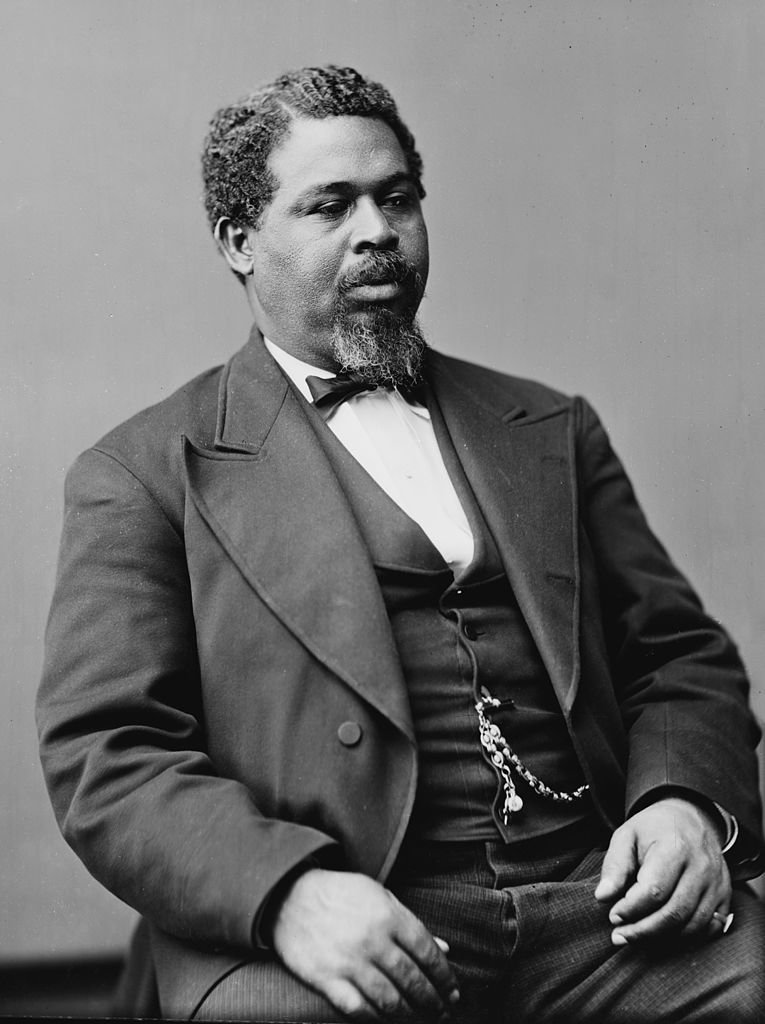100% My Fault from the StoryCorps Podcast
I’m thankful that I’ve never been in a life-threatening situation, but millions of people around the world have, and those who made it through the experience have riveting stories to tell.
In this case, it wasn’t just a single person in danger; it was two friends. And that means there are two story lines, two unique narratives. So in this episode of the StoryCorps Podcast we hear a recount of events as they unfolded, as well as a reunion of sorts where their innermost feelings are finally shared.
In addition to Alex Lewis and Matt Koch — the pair of storytellers who were up on the mountain — Michael Garofalo, StoryCorps chief content officer, also narrated this story. It’s an interesting format where the two main characters take turns telling their story, with the narrator jumping in to carry the plot along. It’s why I’ve included the transcript. Listen to the episode, then give the transcript a read. While you hear distinct voices on the audio, the script reads much more fluid, allowing you to appreciate out the episode was put together.
It’s also worth noting that a full recounting of this story could take hours, yet this version comes in under 15 minutes. Try to imagine what was cut out, and think about what was left in. As you craft your own story — life-threatening or not — consider all that could be in your story, and which elements tell the most impactful story in a limited time frame.
Transcript
Michael Garofalo (MG): In December 2016… longtime friends Alex Lewis and Matt Koch hiked into a mountain pass in Colorado for a backcountry ski trip. This wasn’t a casual thing— they would be in the mountains for days… miles away from the nearest town.
Alex Lewis: We got to the trailhead and it was snowing fairly constantly and a decent wind. We had the feeling of feeling small because you’re in these big mountains, but you couldn’t even really see much of them because of the snow.
MG: Alex and Matt were pretty serious outdoorsy guys… and this is exactly the kind of adventure that their friendship was built on… camping… hiking… But they hadn’t been able to do anything like that in a while.
The year before… Matt had been diagnosed with Hodgkin lymphoma. After a difficult year of treatments, Matt was declared cancer-free. And what better way to celebrate than a backcountry ski trip with his buddy…
Matt Koch: This trip was kind of a opportunity for me to prove to myself that I could do things that required a physical fitness level I thought maybe I’d never have if I was a cancer survivor.
This was my message to the universe of like, you didn’t get me. I’m still here.
And then… things unravel.
MG: Matt and Alex had never really talked about what happened in that mountain pass… until now. I’m Michael Garofalo. It’s the StoryCorps Podcast from NPR.
MG: Matt and Alex were headed towards a ski hut… which would be their home base for the weekend. It was nothing fancy, just bare bones – think hostel, not hotel – but there was a staff, heat, they’d get two meals a day, and beds for the night. And the only way Matt and Alex could get there was by skiing 3 miles UPHILL through a steep, snowy mountain pass.
Matt Koch: I think as we were hiking, Alex, I was becoming aware that I was not physically prepared for this; I wasn’t where I should be. Every step my pack just felt heavier and heavier.
Alex Lewis: The first time that I had some concerns, you said something to the effect of, ‘Well, I dumped out my water because I felt like it was too heavy.’ I was like, oh man, we need that water.
Matt Koch: You had stopped and said, like, ‘Give me your pack. I’ll carry it for you.’ And I, I kind of remember being a tough guy and saying, ‘No, no, no, I got it. I got it.’
Alex Lewis: It was starting to become nightfall, and the wind was picking up, and the snow was picking up.
Matt Koch: The discussion was, you know, we’re, we’re further in than we are out and we just needed to let this storm go through.
Alex Lewis: And we decided the best course of action was to go off into the trees and build a snow pit where we could stay for the night.
MG: Matt and Alex started burrowing into the snow with their hands… to make a shelter where they could stay the night.
Matt Koch: Couldn’t have been more than a big dog bed size. It was pretty tiny.
Alex Lewis: We crammed as close together as possible to stay warm. And one of the things I remember overnight is hearing the howling wind.
Matt Koch: Yeah, the wind was just relentless.
Alex Lewis: It’s a little scary to wake up in the middle of the night to see the makeshift shelter that you’re sleeping in starting to fall apart and deteriorate.
Matt Koch: God, it was just cold, and, bundled up inside of my coat and couldn’t get comfortable. The situation was bad.
MG: They woke up the next morning happy to still be alive… and they could see the ski hut by that point. There wasn’t much farther to go.
Alex Lewis: The weather was continuing to get worse and extremely snowy and windy there. Our progress was pretty slow, because of the steep terrain and fresh snow. And I just remember taking this step, and, all of a sudden, hearing kind of, this rushing water sound.
Alex Lewis: And being knocked off my feet onto my hip and starting to slide. And I realized that I had triggered an avalanche right underneath me.
And I slide about a hundred feet and see these trees that are in my path. I was able to pin my skis to the trees and let the avalanche slide right past me, and continuing on down the mountain as I stood there in disbelief.
And I recall, yelling out ‘Avalanche, avalanche’, so that you could at least hear my voice and know where I was.
MG: Alex looked around for Matt… who was okay. But he also realized that with these conditions… it was too dangerous to keep going.
Alex Lewis: I remember taking a deep breath and realizing that this was the, the final straw. We weren’t going to make it to the hut. It was time for us to head down the mountain.
MG: But by this point… Matt was struggling to go anywhere.
Matt Koch: Every footstep hurt. And what little I had left in my batteries drained. I sat down and I just quit, and I don’t think you could move me if you wanted to.
Alex Lewis: I remember saying something like, ‘You didn’t let cancer kill you. You can’t stop here. You can’t quit now.’
Matt Koch: But I was resigned. I just had nothing left.
Alex Lewis: We had a, a really hard conversation around what to do. Then I took off. And I…it was extremely hard to leave you, but I also didn’t think we had another option. I needed to continue down the hill to get help.
MG: While Matt huddled alone in the cold and snow, Alex skied down the mountain pass… trying to get reception on his phone.
Alex Lewis: I got down the trail, was almost back to the car, and I got through to the sheriff. And he said, you know, ‘The avalanche dangers and risk are so high, I can’t send in three search and rescue team members to potentially save one knowing that I might lose all of them. If we can’t respond, what’s your backup plan?’
MG: Calling the sheriff HAD been the backup plan… and now it seemed like Matt was truly stranded.
Alex Lewis: When you were up there, after I left you, did you think you were going to die?
Matt Koch: I don’t, I don’t ever remember thinking about dying. I just, I kept thinking about you. I kept thinking about if you were ok.
I think I was pretty delirious, being hypothermic. It was like being drunk. I started realizing how thirsty I was. I knew that if I would eat snow, it would lower my core temperature. I had one little guy on one shoulder telling me not to, and another guy on the other telling me, “But you’re so thirsty.” I kind of negotiated with myself that I could have just a little bit like, you know, help is on the way.
MG: For six hours, Matt didn’t move from the spot where Alex had left him… until finally a rescue team was able to get there.
Matt Koch: I was apologetic. I, I was so weak and demoralized and just frustrated and angry with myself for allowing this to happen. I just completely did not respect mother nature and her power.
I don’t remember pain of any sort, but my hands were definitely purple. I couldn’t really use them, they were so stiff. The toes were just frozen solid.
A helicopter came and got me. And when I got to the hospital in Denver, just kind of being a joker, I looked at the doctor and I said, ‘How bad on the fucked-ometer am I?’ And he goes, and ‘You’re nine out of 10, man. I don’t know if you’re gonna keep your fingers.’ I wasn’t ready for that.
MG: Coming up… when you’ve left your friend alone… knowing he might die without you… what do you say to each other after that?
Alex Lewis: I was apprehensive about visiting you in the hospital because I wasn’t sure what would happen to our friendship.
MG: Matt spent several days at the hospital being treated for severe frostbite. It was so bad they had to put him in the burn unit. And all those days lying there in bed… unable to use his arms or legs… Matt had nothing but time to think about how he had gotten there.
Matt Koch: It ended up becoming kind of a slap in the face that, because I had cancer, I wasn’t physically ready for this trip. This was my fault, and it could have been avoided. Everybody was putting themselves in danger to save me, and they didn’t have to.
MG: Matt had plenty of visitors… his family was there with him… but the visitor he was most anxious to see… was Alex.
Matt Koch: What did you feel when you saw me?
Alex Lewis: I was nervous to go to the hospital, and I remember coming into the hospital and you’re kind of sitting there, wrapped up kind of like a mummy in multiple layers of bandages.
Matt Koch: I think my mom was in the room and I asked her to leave so I could thank you. I don’t know if it was shame or embarrassment, but, um, I was thankful. I was glad to see you were ok. I was sad that I, uh, put you in that spot. I would never want for somebody to get hurt because of my actions, and that’s exactly what almost happened, um…
Do you harbor any anger towards me because of this?
Alex Lewis: No. I helped get us in that position where we needed to do something to save your life. Plenty of things happened that day that were my fault. And so I was concerned you would feel that I was responsible for what had happened.
Matt Koch: I, I had no idea that you felt any level of guilt. I’m sorry that we’ve never had this conversation until now. This was 100 percent my fault. I knew the risks, and I wasn’t fit enough to be in the backcountry. You did everything within your power. I hope you know that. You did everything right. You rescued me, you saved my life.
Alex Lewis: Yeah, and I think – you know, I appreciate you saying it because it does paint it in a different light. We had never really discussed it and kind of, always danced around it, but coming from you, it means the world to me.
Matt Koch: Yeah. Well, I think the accident and cancer shifted my perspective because I’ve been a lot closer to death than many others. It’s made me realize what’s important to me. And I’m so thankful that we’re friends, because if I didn’t have you, I would be dead right now.
Alex Lewis: It’s what I would have done anyway for you and for our friendship.
Matt Koch: Well, I know I feel it now, and I think I felt it then, that I’m thankful to have you in my life. Not just because of this incident, but, no matter where I go, if I need you I know you’ll be there.
MG: It’s been almost a decade since that trip… and every year now, on the anniversary, Matt calls Alex to thank him for saving his life.
Matt’s injuries ended up being much less severe than they could have been. He kept his fingers… although he does have lasting nerve damage.
Today he lives on a boat in Florida… so he never has to feel cold again.
MG: We love it when you leave us voicemails… and this week we’d like to know: What’s the craziest thing you’ve ever done for a friend? Tell us about it in a message at 702-706-TALK. That’s 702-706-T-A-L-K.
This episode was produced by Max Jungreis. Jud Esty-Kendall is our Senior Producer. Our Technical Director is Jarrett Floyd. And our Executive Producer is Amy Drozdowska. The art for this episode was created by Liz McCarty.
I’m Michael Garofalo. Thanks for listening.
◆
◆
contact me to discuss your storytelling goals!
◆
Subscribe to the newsletter for the latest updates!
Copyright Storytelling with Impact® – All rights reserved








